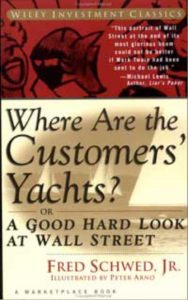1. Creating a trading plan forces the trader to select a trading style. Will you be a day trader, position trader, or long term trend follower? You have to choose.
2. You will have no choice but to do your homework, study charts, and read the books of other traders who made money in the markets, and discover what works.
3. Entries will become crystal clear when you see them because you will know exactly what you are looking for.
4. You will learn to look for what the market is offering, and not become overly obsessed with one stock, commodity, currency, or market direction.
5. You will know exactly when it is time to get out of a trade whether you are stopped out or use a trailing stop. (You may even have a price target).
6. A trading plan should stop you from over trading because it will limit you in your entries by giving you specific parameters.
7. You will easily be able to keep track of your trades and understand why they win or lose.
8. It will enable you to focus like a laser on trading.
9. A good trading plan will convert you from a gambler to a casino operator with the odds on your side.
10. The only way to be a great trader is to have a great trading plan.
[Tweet “The only way to be a great trader is to have a great trading plan.”]

 Markets can be very violent on the downside. The old saying — Markets ride the escalator to the top and the elevator to the bottom — is still quite relevant.
Markets can be very violent on the downside. The old saying — Markets ride the escalator to the top and the elevator to the bottom — is still quite relevant.